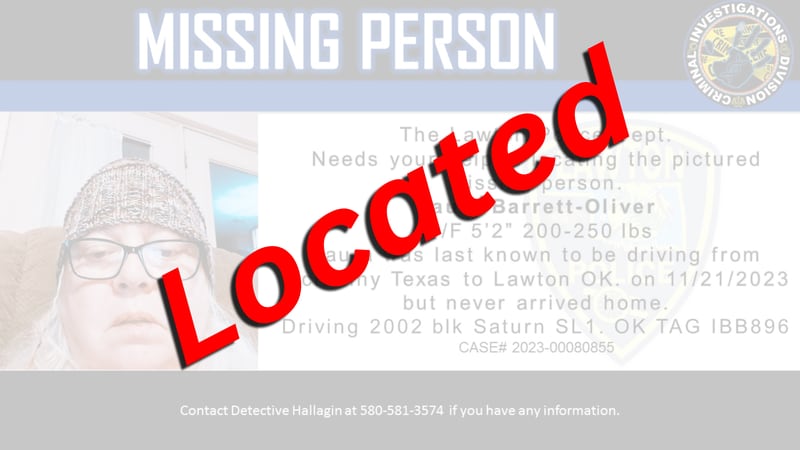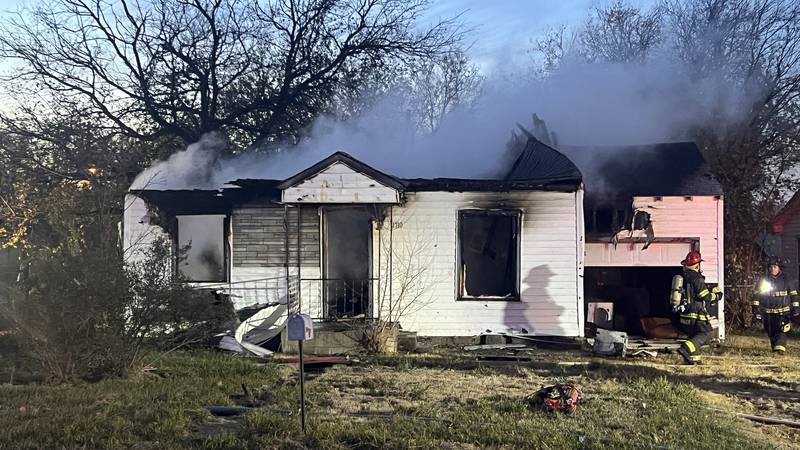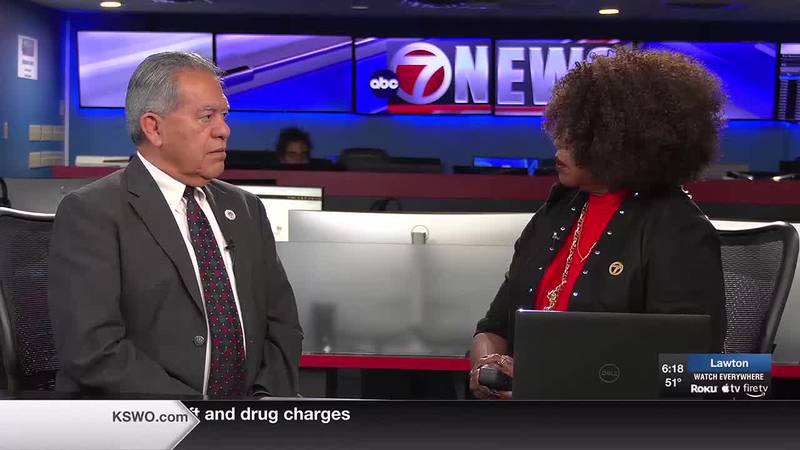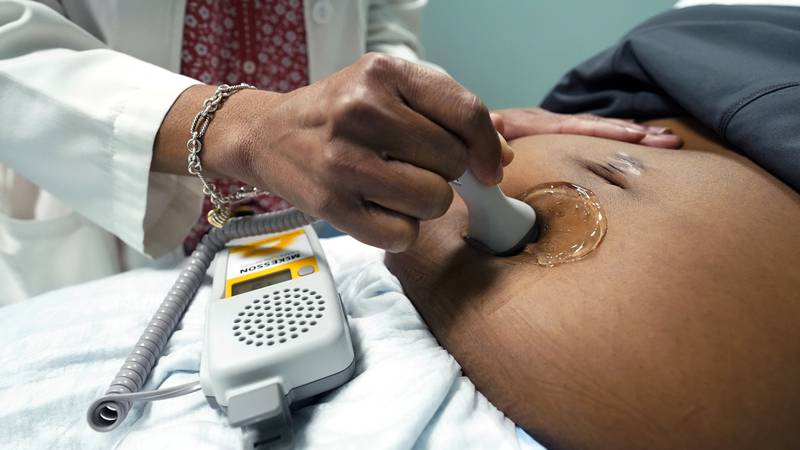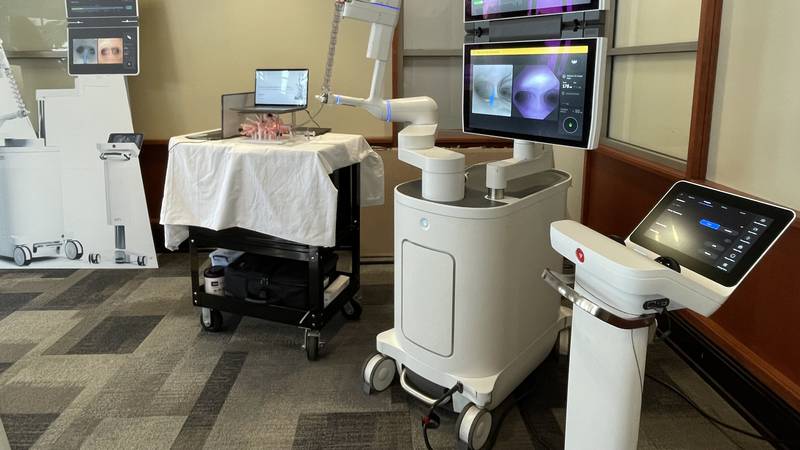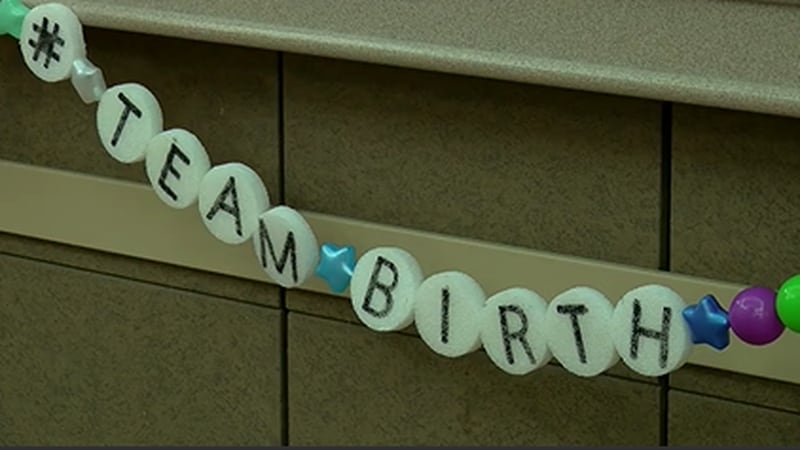How safe is Southwest Oklahoma’s tap water?
LAWTON, Okla. (KSWO) - While you try and quench your thirst through the summer heat, make sure you’re aware of your areas water quality, as potentially harmful chemicals are becoming more common.
Per-and polyfluoroalkyl substance (PFAS) compounds, also known as “forever chemicals”, got their name due to them being difficult to breakdown, and are slowly becoming more common in Oklahoma’s water supply, according to officials with the Oklahoma Department of Environmental Quality.
“These are very different chemicals than what we’re used to dealing with in a regulatory area or in public health. And so the more we learn the more we employ that technology to try to reduce the amount entering the environment, our water bodies,” said Shellie Chard, the water quality division director with D.E.Q.
Whether your drinking water from the tap or from a fountain, these forever chemicals have the opportunity to alter your liver and immune systems when over exposed, according to the National Institute of Health.
“We know we find this sometimes in certain packaging. A lot of times we’re seeing that consumer goods and the trash that’s going to landfills,” said Chard. “That’s kind of the origin of how this is getting into our environment.”
And luckily, according to Chard, Oklahoma has not seen as much contamination as other areas in the United States. And here in Lawton, officials say you have nothing to worry about when drinking water from your tap.
“Actually the water that comes out of the tap is about as good as you’re going to get,” said Rusty Whisenhunt, the Lawton public utilities director.
He added, the Lawton water supply is fully up to code with DEQ regulations and they do their best to stay ahead of any upcoming changes.
“We do thousands of tests per month to make sure it maintains that quality,” said Whisenhunt. “So we’re very proactive in looking at those regulations and trying to get ahead of them to make sure when they go into effect we’ve already got it taken care of.”
However, Chard said it’s important to always take that extra step in ensuring your own safety.
“It’s important to do your own research and know what those chemicals are, what’s out there. And to find out what your alternatives are,” Chard added.
Both Chard and Whisenhunt encourage people to ask questions to their local utility departments if there are any concerns with the water quality in their homes.
Copyright 2023 KSWO. All rights reserved.
